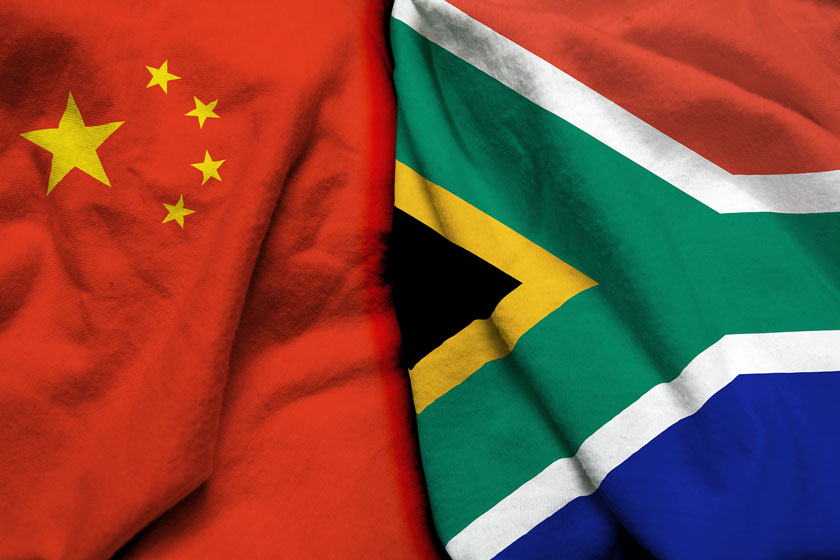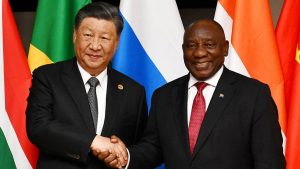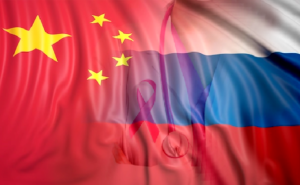South Africa Secures a Preliminary Trade Deal with China

South Africa, long regarded as the continent’s most advanced economy, is moving decisively to counter the fallout from Washington’s latest tariff measures by turning to Beijing for new trade opportunities.

In a strategic pivot to China, Pretoria is finalizing a preliminary trade agreement with the Chinese government that will allow the export of five varieties of stone fruit such as, plums, peaches, nectarines, apricots and prunes, into one of the world’s most lucrative consumer markets. The move comes after the United States imposed sweeping 30% tariffs on South African goods, significantly straining a long-standing trade relationship.
Agriculture Minister John Steenhuisen confirmed this week that negotiations were nearing completion following his recent visit to Beijing with Deputy President Paul Mashatile.
“After our visit to the GACC in China, we were given the protocol for stone fruit,” Steenhuisen wrote on X, describing the deal as a “pivotal step in securing market access for South African producers.”
The agreement is expected to provide a vital buffer for South African farmers while also signaling a broader rebalancing of the country’s trade strategy toward Asia.

Agricultural Powerhouse Diversifying: South Africa is already a heavyweight in global agricultural exports. It is the second-largest citrus exporter after Spain and ships vast volumes of apples, pears, grapes, avocados, and blueberries. In 2024 alone, fruit exports rose 2.1% to 4.2 million tonnes, extending a decade-long growth trend of nearly 4% annually.
The addition of stone fruit exports to China could further boost the sector, providing farmers access to a rapidly expanding middle-class consumer base hungry for high-quality, counter-seasonal produce.
Against the Trump’s Tariff Effect, the backdrop to this shift is the increasingly fraught trade relationship with the United States. For decades, Pretoria benefited from preferential access under agreements such as the African Growth and Opportunity Act (AGOA). But President Donald Trump’s recent tariff hikes on South African goods have accelerated the country’s search for alternative markets.
By deepening ties with China, South Africa hopes not only to cushion the economic blow but also to reduce dependency on Western markets and shield itself from unilateral trade actions.
Beyond fruit, a springboard for wider trade is envisioned. While the current deal focuses on agricultural products, officials see it as a stepping stone toward a more comprehensive partnership. Future agreements could expand into minerals, manufactured goods and value-added exports sectors, where South Africa has significant potential.
By positioning itself more firmly within Asia’s economic orbit, Pretoria is laying the groundwork for a diversified trade portfolio that could strengthen its resilience in the face of global economic volatility.
South Africa’s new stone fruit deal with China is more than a short-term response to U.S. tariffs and it represents a strategic pivot. By embracing Beijing’s vast market, Pretoria is rebalancing its trade relationships, strengthening its agricultural sector, and signaling a long-term intent to diversify away from overreliance on Western partners.
As trade tensions between Washington and Pretoria deepen, China is emerging as not just an alternative market but a cornerstone of South Africa’s future global trade strategy.









